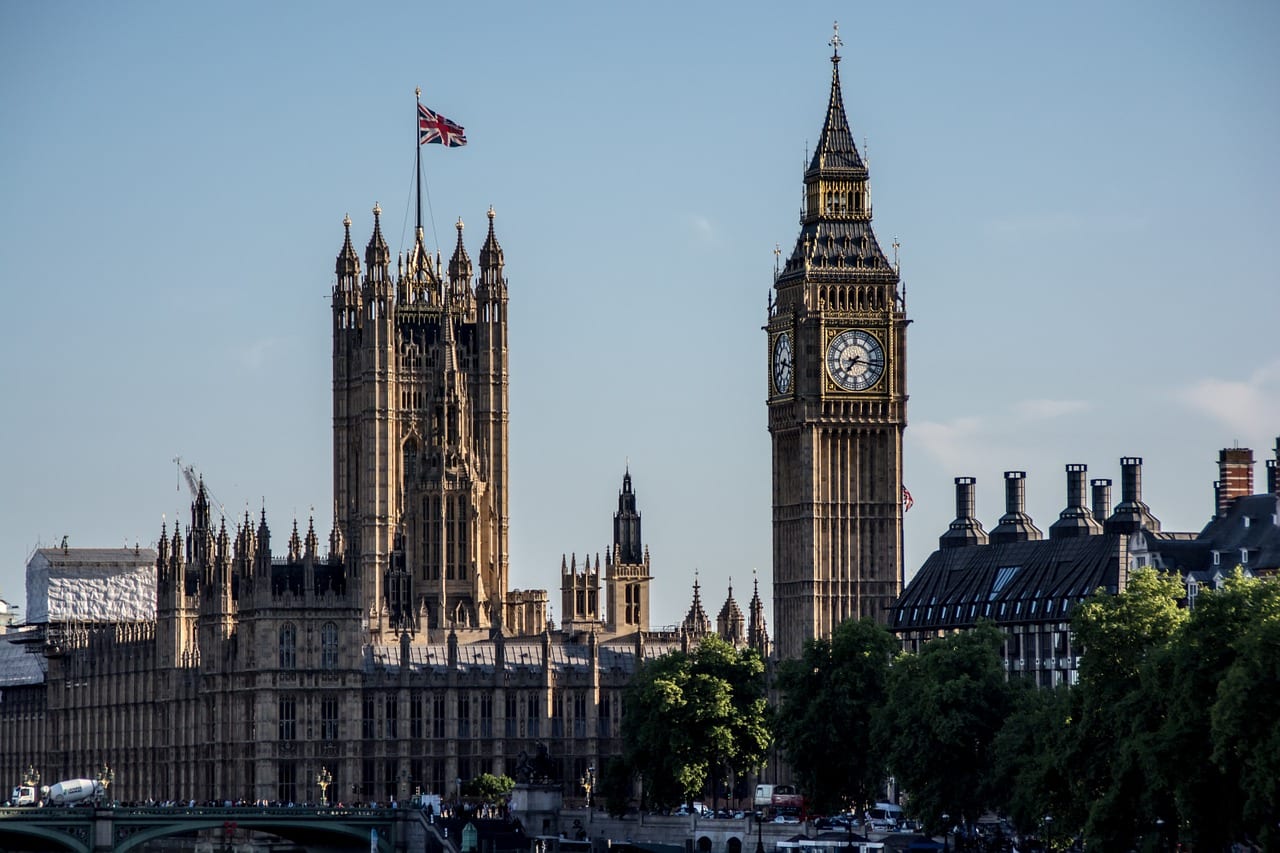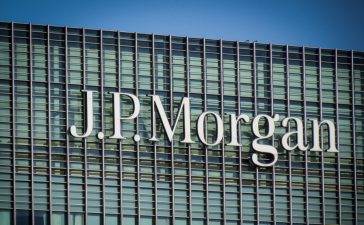The UK residential property market has long been an attractive proposition for international investors. In fact, foreign investment in UK residential property is incredibly popular as the country’s property market sees investors from across the world. Apart from the EU, investors from North America, Australia and countries across Asia such as those in the Middle East, invest millions of pounds into the sector.
Advantages of foreign investment in UK residential property
Returns on Investment
Rental yields are a crucial component of property investment. The higher the yields are, the faster an investor is able to pay off the investment. Apart from London, some of the postcodes in cities such as Manchester and Liverpool generate impressive yields and make them worth investing. Foreign investment in UK residential property is lucrative as the country holds immense possibilities in terms of potential renters. Rental yield in the UK is high in comparison with some of the other parts of the world such as countries in Asia. Due to this, investors at these places may struggle for a decent rental income and seek out alternative places to invest in.
Capital growth
Capital growth is another factor to consider before foreign investment in UK residential property as the value of property usually increases over time. The UK ranks high on this criteria as the value of property in the country has grown over the past few years.
Easy access
Apart from the advantages of rental growth and capital appreciation, easy access to property in the UK is an important driving factor for international investors. Many other countries have stricter regulations for international investment which often discourages international investors. These may be in the form of complicated laws for overseas investors which the investors are required to follow before making a purchase. On the contrary, the UK is much more open, having conducive laws, which encourage foreign investment in UK residential property. It welcomes international investors to invest in the country’s real estate sector.
Once an investor finalises on a property, a solicitor will be appointed to help the investor with all the aspects of the investment process to make the investment process easy. For foreign investment in UK residential property, investors should be aware of certain taxes such as stamp duty, income tax and capital gains. It is advised that the investor should be aware of all the aspects of the UK property market by researching market data and seeking the advice of experts before committing on the investment.
Freehold or leasehold
Foreign investors in the UK can buy a property on freehold or long lease. If the property is freehold, it gives the investor outright ownership of the property or the investor has a time-limited ownership of the property which may be several years. For example, many apartments in central London have long leases which extend up to a period of 999 years. In these cases, the owner virtually has the same rights as freehold. In many cases, the freehold can be purchased and leasehold removed.
Costs
The first thing to consider before foreign investment in UK residential property is the cost of the property. As the price of property may vary across the UK, and within cities, it is necessary to consider the costs involved, apart from the price of the property itself. These include, the Valuation and survey fees, Legal costs plus Value Added Tax (VAT), the cost of searches and enquiries of public bodies (to check that the property is genuine, legal and not burdened by obligations or limitations), Land Registry registration fees, Stamp Duty land tax and Value Added Tax (VAT). In case of investment in London property, the investor should be aware of the city’s buoyant market, especially central London, though this also means capital growth over a relatively short time.
Taxes
Foreign investors in the UK need to buy and own a property in accordance with UK and relevant overseas tax considerations. The buyer is required to pay Stamp Duty Land Tax or SLDT on land transactions which depends on the intended use of the property, such as, residential, commercial or mixed use.
Capital gains tax
If an investor buys a property as an investment, the investor has to pay capital gains tax on the rise in the value of a property at the time of selling. If the gain is made in the name of a UK company (or branch of a non-UK company) it will be subject to Corporation Tax.
Inheritance tax
Inheritance tax applies to the properties of individuals who die and leave their property to others. In these cases, the amount of tax payable depends on the valuation of the property. However, overseas-based individuals using trusts and company structures to hold their UK residential property can avoid inheritance tax.
Annual charge
The UK Government has imposed an annual ‘holding charge’ on residential properties over £2 million owned by non-UK-domiciled persons to counter the IHT avoidance strategy.
The purchase process
- The seller appoints estate agents to sell the property to potential buyers who have registered with the estate agent.
- The buyer’s offer is presented to the seller via the estate agent. The buyer is required to tell how the purchase is being funded, the expected time to make the purchase and the lawyers appointed for the purchase process.
- The terms of the sale agreement are agreed between the seller and the buyer and copies are signed by both the parties. Then the signed sale agreements or contracts are exchanged between lawyers of both parties. A deposit is handed over to the seller at the time of exchange of contracts.
- The completion of the purchase can be done on the day of exchange or on a mutually agreed future date. The balance payment is made on the completion of the purchase and the documents for the transfer of property are dated for the day of completion.
- This completes the purchase of a property and the buyer becomes the legal owner of the property. The legal title passes to the buyer when the transaction is registered at the Land Registry. Stamp Duty Land Tax is payable to the Land Registry within 30 days of completion, which is carried out by the buyer’s lawyer.





